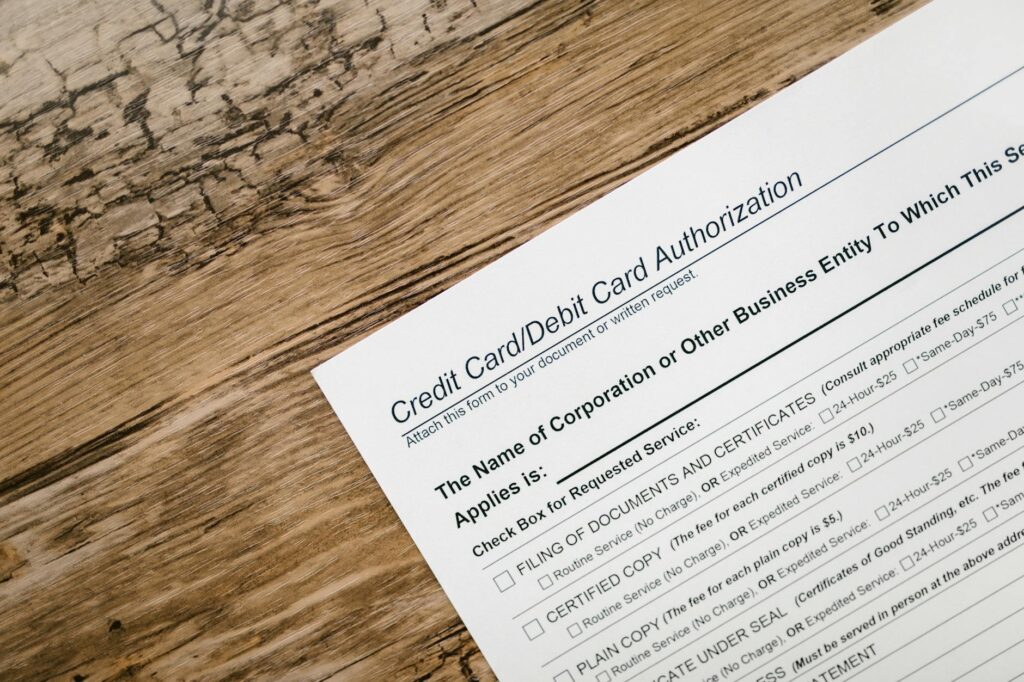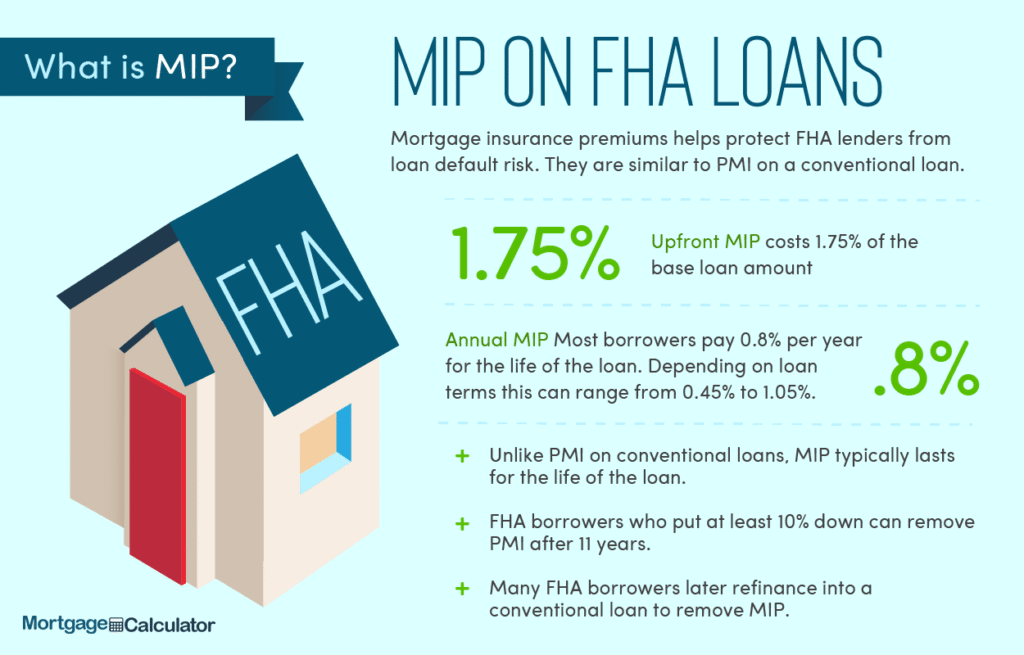Navigating the world of debt can be overwhelming, but it doesn’t have to be a lifelong struggle. Debt consolidation companies offer a potential pathway to regain financial control. Understanding how they work and whether they are the right solution for you is crucial.
What are Debt Consolidation Companies?
Debt consolidation companies work by combining multiple debts – such as credit card bills, medical bills, and personal loans – into a single, more manageable monthly payment. They negotiate with your creditors on your behalf, aiming to lower your interest rates and monthly payments. 
How Debt Consolidation Works
The process typically involves a credit check and assessment of your current financial situation. The company then develops a consolidation plan, presenting you with options that fit your budget and financial goals. Once you agree, they’ll begin negotiating with your creditors and facilitate the transfer of funds. Choosing the right company is a key step in this process.
Types of Debt Consolidation Programs
Several options exist, including balance transfer credit cards, personal loans, and debt management plans (DMPs). Each has its own advantages and disadvantages. Understanding the differences will help you make an informed decision. Learn more about program types.
Benefits of Debt Consolidation
A simplified payment schedule, potentially lower interest rates, and improved credit scores are among the key advantages. It can significantly reduce the stress associated with managing multiple debts. [IMAGE_2_HERE]
Drawbacks of Debt Consolidation
While debt consolidation can offer substantial relief, it’s essential to weigh the potential drawbacks. These might include higher fees, longer repayment periods, and the risk of further debt if not managed responsibly. Read more about potential pitfalls.
Choosing a Reputable Company
Not all debt consolidation companies are created equal. It’s crucial to thoroughly research and compare companies, focusing on factors such as fees, transparency, and customer reviews. Check out the Better Business Bureau for additional resources. [IMAGE_3_HERE]
Debt Consolidation vs. Other Debt Solutions
Debt consolidation isn’t the only solution for managing debt. Other options include debt management plans, bankruptcy, and negotiating with creditors directly. Understanding the differences can help you determine the most suitable approach to your financial situation. Compare options by visiting the National Foundation for Credit Counseling website.
Is Debt Consolidation Right for You?
The decision of whether or not to consolidate your debt is a personal one, dependent on your specific financial situation and goals. Carefully consider the potential benefits and risks before making a commitment. Consulting with a financial advisor can be incredibly beneficial. Seek expert advice from a reputable firm like Fidelity.
Debt consolidation can be a powerful tool for regaining financial control, but it’s not a magic bullet. Thorough research, responsible management, and perhaps professional financial guidance are essential for success.
Frequently Asked Questions
What is the average interest rate for debt consolidation loans? This varies depending on your credit score and the lender, but you can often find lower rates than on individual high-interest debts.
How long does it take to consolidate debt? The timeline depends on the chosen program. It can range from a few weeks to several months.
Will debt consolidation affect my credit score? It can initially lower your score due to the credit inquiry, but responsible repayment can improve your score over time.
What if I miss payments after consolidating my debt? Missing payments can lead to late fees, damage your credit, and possibly even result in repossession or legal action.
Are there any fees associated with debt consolidation? Many companies charge setup fees, closing costs, or monthly service fees. It’s imperative to understand all associated costs before proceeding.


